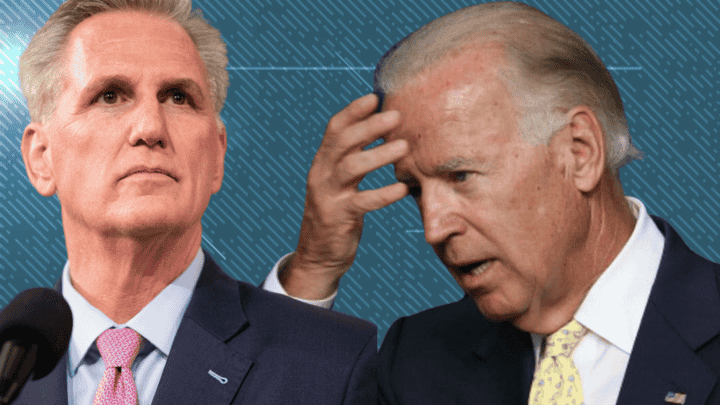Top Gun: Maverick premiered in 2019 with a number of notable changes, notably the disputed patches stitched onto Tom Cruise’s character’s clothing.
Pete “Maverick” Mitchell wears a bomber jacket that had belonged to the fighter’s father in the original Top Gun film, which premiered in 1986. Maverick’s father served in the U.S. Navy, including a joint operation with Taiwan, and the back of his jacket bears the names of those missions.
While watching the 2019 Top Gun: Maverick previews, I noticed the Taiwan and Japan flags on the now-iconic jacket had been changed with made-up emblems that matched the color schemes of the originals, which made me wonder if this was intentional.
There’s a new Top Gun movie coming out. And Maverick is wearing the same leather jacket – only this time it’s Communist Party of China-approved, so the Japanese and Taiwanese flag patches are gone (screenshot on right is from the new trailer)… pic.twitter.com/gUxFNFNUKX
— Mark MacKinnon (@markmackinnon) July 19, 2019
The film’s producer, Skydance Media, did not immediately respond to a request for comment and has not previously explained why the insignia was modified. However, many believe the change was meant to placate censors in mainland China since Beijing does not recognize Taiwan as an independent state. However, according to Taiwanese media, the film has now restored the original flags they used in the production.
Filming issues forced the delay of Top Gun
Maverick’s summer 2020 premiere, was previously scheduled for July 2019. Then the pandemic struck, postponing the release of the picture even more. While Hollywood’s ties to China have deteriorated, the domestic box office share of Chinese productions has increased. It appears that the Chinese market is less of an issue for Maverick’s Hollywood backers than it was for Top Gun.
One of the most sought-after tickets in the world
Ticket sales in China last year totaled $7.3 billion, or about a third of all global sales, according to market research firm Artisan Gateway. There is no easy way into a profitable business.

Films from outside China are restricted to just 34 screenings each year, and Beijing’s film censors are well-known for their strict stance against Hollywood blockbusters showing sequences critical of China’s own leadership.
Fight Club, the 1999 blockbuster movie, had its ending changed by censors before it could be shown on the streaming site Tencent Video in January. Rather than showing the anarchist protagonist burning up a series of bank buildings, the final title screen informs viewers that “the police quickly worked out the whole plan and captured all culprits, successfully preventing the bomb from exploding.”
In order to evade censorship and secure a golden ticket to the Chinese market, Hollywood producers teamed up with Chinese corporations and financiers as the value of the Chinese box office grew exponentially. Despite this, gaining access is not a surefire path to success.
The Chinese box office failure of Disney’s Mulan (due out in 2020) comes despite the fact that the film’s makers made every effort to select Chinese performers, share the script with Chinese officials for review, and delete sections that Chinese test audiences didn’t like.
A Growing Divide
A split between Beijing and Hollywood may be forming, according to some. According to The Hollywood Reporter, U.S. films contributed just 12 percent of China’s total box office sales in 2018, down from 30 percent in 2019.
Since 2019, Disney has been unable to release any of their Marvel films in China (although productions from other studios, including No Time to Die and Godzilla vs Kong, have won approval). If China were not included in the global market, Disney CEO Bob Chapek said he was “quite optimistic” that the studio’s films would flourish.
Without international films, China’s box office is doing quite well. One of China’s most popular films last year was The Clash at Lake Changjin, which depicted a fierce battle between Chinese and American troops during the Korean War.

There were just a few screenings of the three-hour film elsewhere in the world, yet it brought in $890 million from ticket sales. Last year’s James Bond picture, No Time to Die, raked in $733 million worldwide, making it the third highest-grossing film of all time. It was a Chinese comedy (the second one).
A date for the release of Top Gun
Maverick in mainland China has not yet been set. Tencent Pictures, a branch of Tencent Holdings, which controls China’s popular messaging app WeChat, is a co-producer of the film. It is no longer listed on the film’s IMDb page as a Chinese production firm, though.
For more updates, keep visiting Pelham Plus



